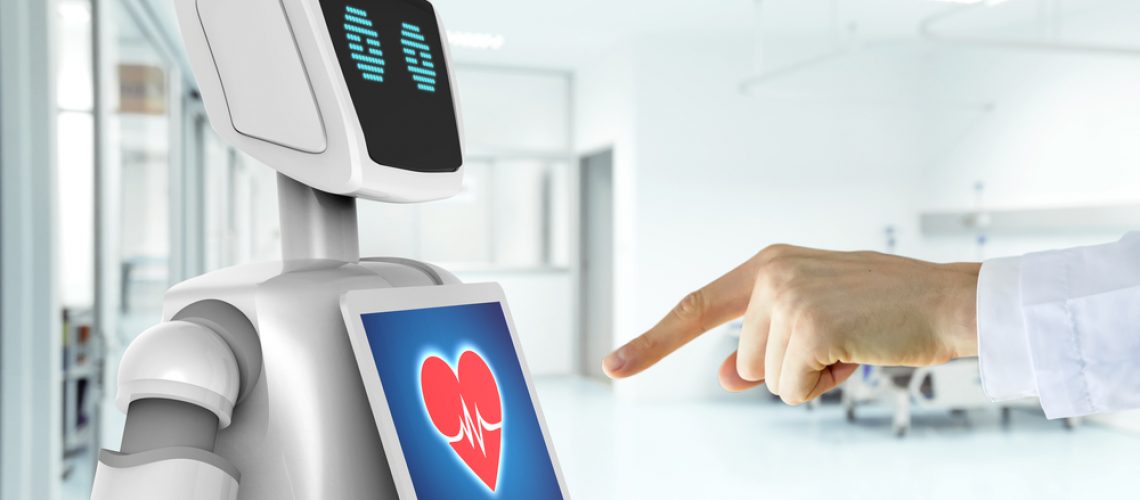Chatbots are an important part of the service experience in several industries these days. You may have noticed how ubiquitous they’ve become recently. Bots are an important part of managing the recent COVID-19 healthcare crisis in many ways. Right now, chatbots are answering questions on many state unemployment agency websites. They also help process questions from patients like you in the healthcare industry. Chatbots have become a very important way to communicate during the COVID-19 pandemic.
What Is a Chatbot?
Quite simply, chatbots are software that impersonate humans. They answer your questions using tools like decision trees. By doing this, chatbots are able to take over some of the most tedious tasks formerly done by phone or online support workers. Chatbots are improving all the time. Thanks to AI and machine learning specifically, it’s now possible for chatbots to understand you better than ever. Today’s chatbots can recognize voices and anticipate a patient or customer’s needs very accurately.
Although some people have criticized chatbots as impersonal or ineffective, the truth is that they do help. What’s more, chatbots have been around for decades. You already use them all the time, and you barely notice it. The first one was developed at MIT back in 1966, over 50 years ago. Chatbots are used for automated telephone menus, on websites and even in messaging apps like the one developed by Facebook. Chatbots are one of the most important tools in delivering your services efficiently.
What Chatbots Do
Chatbots are able to take over many time-consuming functions that support workers are too busy to deliver. One of these is disseminating information. Chatbots have been a big part of providing accurate education about COVID-19 in recent months. One notable thing about COVID-19 is that people have struggled to interpret the information released about it. You may have noticed conflicting reports in the news. Chatbots are helping healthcare organizations give people like you the most up-to-date facts.
Even the World Health Organization has seen the value in using chatbots. Their chatbot has reached up to 1 billion people in a variety of languages. It’s been able to deliver information to a diverse population, effectively and at a reasonable cost. Chatbots like this make it efficient to communicate with patients. You really can get the best and most accurate information from these bots. They’re able to analyze lots of data quickly and easily.
Artificial intelligence means that chatbots are able to perform triage type services as well. Chatbots are able to access and process large sets of data. They’re capable of “remembering” lots of information about symptoms and treatments. Users can ask chatbots about a symptom or cluster of symptoms and get reliable information about what next steps to take. A chatbot can provide phone numbers to call, or tips about self-care. Recommending that patients self-isolate over bot is a great way to help limit the spread of contagious diseases like the novel coronavirus. Chatbots are a wonderful way to connect with patients while maintaining proper social distancing.
Learn More
If you’re interested in finding out more about chatbots and their growing role in healthcare, there are some great resources available. These include the Topflight Apps site at https://topflightapps.com/ideas/how-healthcare-chatbots-fight-covid-19/.
Chatbots are a huge help when it comes to managing patient experiences. These bots may just be software, but they process plenty of data with help from AI, and they learn by doing that. Chatbots get more efficient with time. They’re a great resource for times like the present. Many people are looking for the best medical information, and most medical professionals are too busy to deliver that one on one.

